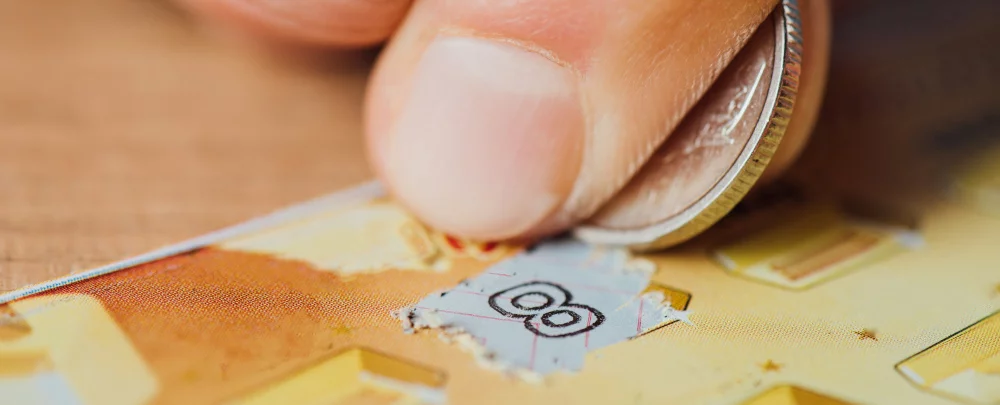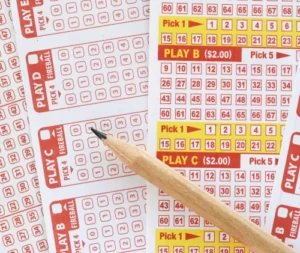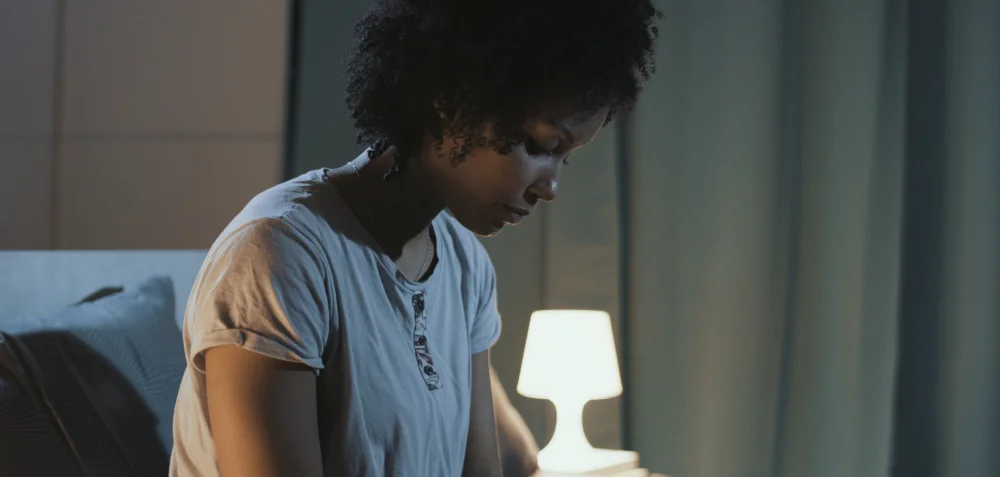
There’s a taxi rank in the middle of Mpumalanga where a man in his sixties still places his bets with a pen, on paper, in neat handwriting. No app. No push notifications. No pop-up bonuses. Just a folded newspaper, a ballpoint, and the weight of routine. Around him, younger bettors hover over phones, heads down, swiping through mobile odds and spinning EBT-inspired games in data-light formats. They’re tapping into something faster, more responsive. But he keeps writing.
South Africa’s betting landscape is shifting. The future is digital, algorithmic, frictionless. But the present, especially in the in-between zones of townships, ranks, and rural stalls, is still complex. The last cash bet isn’t just about currency. It’s about identity, trust, and the ritual of placing your hope into something you can hold.
For decades, placing a bet in South Africa was a deeply physical act. You’d walk to a bookmaker, speak to a teller, count out notes, collect a paper slip. Wins were celebrated in-hand, losses folded away in pockets. This ritual gave weight to risk, it was tactile. You could smell it, hear it, feel the nervous scratch of pen against card. That entire sensory theatre is disappearing. Now, betting is something you do in silence. On buses. During lunch breaks. From bed. It’s private, sleek, and embedded in the same device you use to text your cousin or check the weather. The intimacy is different. Less public. Less performative. But more persistent.
There’s a generational divide forming in this transition. Older bettors are wary of apps, not just because of tech barriers, but because of the lack of control. “They change the odds while you blink,” one pensioner at a Ladysmith corner shop says. “At least when I write it down, it stays.” He’s not entirely wrong. App interfaces are dynamic. Odds shift in real time.
And while younger users celebrate this speed, for older punters, it feels slippery.
For some, trust remains rooted in the physical. There’s still faith in the betting slip, the tangible receipt, the human interaction at the counter. The machines might be smarter, but they don’t smile, don’t ask about your kids, don’t nod when you grumble about the ref’s offside call. In betting as in life, relationships matter.
But resistance is waning. Even the old-school players are feeling the pressure to adapt. As cash becomes riskier to carry and brick-and-mortar shops shrink under operating costs, many find themselves pushed online, not out of preference, but necessity. Some rely on younger relatives to place digital bets for them. Others download apps with hesitation, unsure of terms, data usage, or where to complain if things go wrong.
The friction isn’t just generational, it’s geographic. In some rural areas, betting remains a mostly cash-and-slip affair. In others, especially around commuter hubs and informal settlements with strong mobile data penetration, mobile betting has exploded. It’s not uncommon to see a group of young friends gathered around a single smartphone, debating outcomes together, tapping through interfaces designed for speed and dopamine.
The irony? These communities, once excluded from traditional financial systems, are now some of the most engaged in digital betting. Mobile-first platforms have learned this. Interfaces are data-light, multilingual, and built for intermittent signal. Bonuses arrive not as corporate giveaways, but as small acts of persistence, “You’ve returned three days in a row, here’s R5.”
But for all its access, the digital shift brings new challenges. The physical slip was a barrier of sorts, it required leaving the house, interacting with another person, seeing odds in print. Digital betting removes these speed bumps. It’s always-on. Always one click away. For many, the convenience is a blessing. For others, it’s a trap.
 Community betting spaces, informal as they were, had built-in checks. The old man behind the counter might ask, “Are you sure you want to bet again today?” A friend might talk you out of a third wager. A pause might be enough to reflect. Apps don’t offer that. They nudge you forward. They know when to offer you a bonus. They rarely ask you to stop.
Community betting spaces, informal as they were, had built-in checks. The old man behind the counter might ask, “Are you sure you want to bet again today?” A friend might talk you out of a third wager. A pause might be enough to reflect. Apps don’t offer that. They nudge you forward. They know when to offer you a bonus. They rarely ask you to stop.
This is where regulation struggles to keep up. South Africa’s gambling policies still lean heavily on physical venues. But the battleground has moved to data bundles and mobile wallets. The ethics of nudging, of data-tracking, of targeted bonuses in low-income areas, all remain largely unchallenged in law. And the platforms are evolving faster than the paperwork.
Still, stories abound. Of people who hit big on a phone while waiting for a taxi. Of teens using airtime to place bets under borrowed IDs. Of informal betting syndicates forming on WhatsApp. There’s a mythology forming around digital wins, urban legends about R25 becoming R25,000 in a single spin. Whether true or not, they fuel the shift. They make digital betting aspirational, seductive.
And yet, somewhere in all of this, the last cash bettor still folds his slip. He’s not nostalgic. He just prefers it that way. He watches the kids scroll, nods at their savvy, but waits for the printed odds sheet to arrive at the counter. He doesn’t trust push notifications. But he still believes in luck.
In time, his kind will fade. The betting slip will join the landline and the CD in the museum of analog rituals. And maybe that’s okay. Maybe the new ways offer broader access, faster payout, less overhead. But something is lost too. A texture. A rhythm. A conversation. The last cash bet isn’t just about betting, it’s about how we transition. About what we bring with us into the digital space, and what we leave behind.
And if you happen to pass that rank in Mpumalanga one day, you might still find him there, pen in hand, eyes on the board, writing his odds into the moment, one line at a time.







